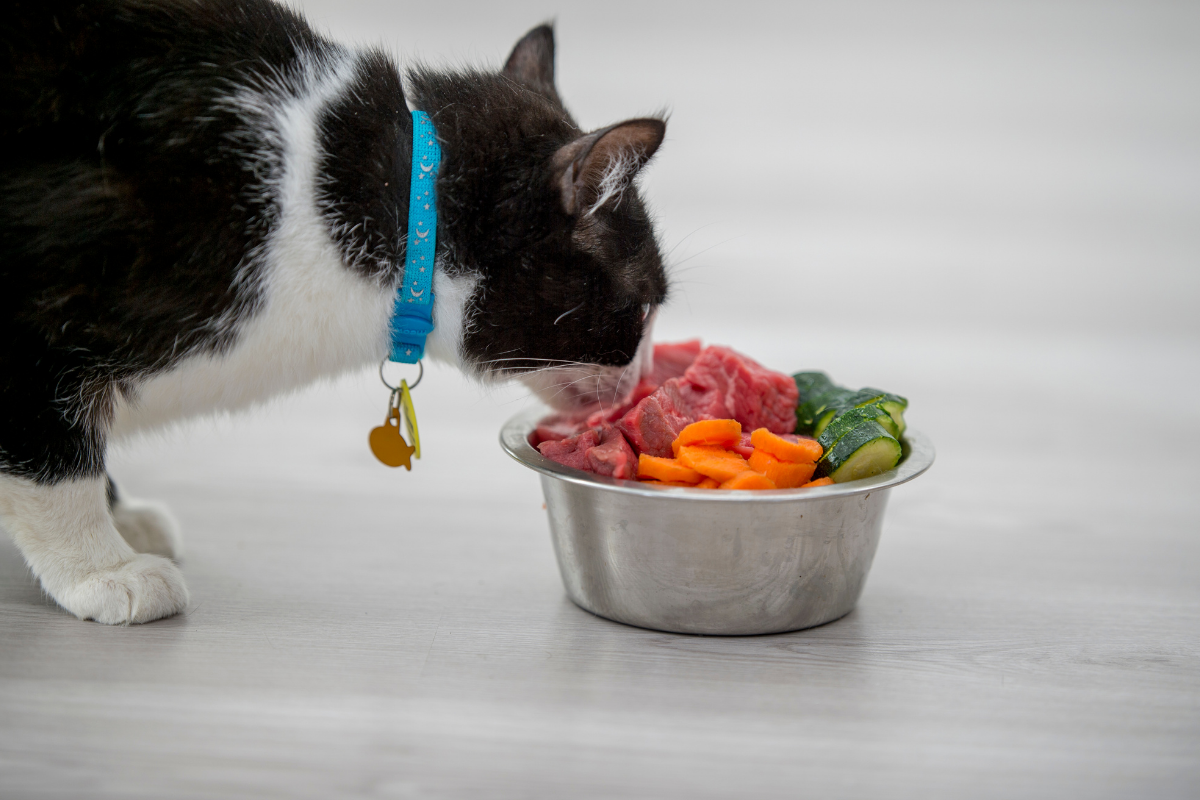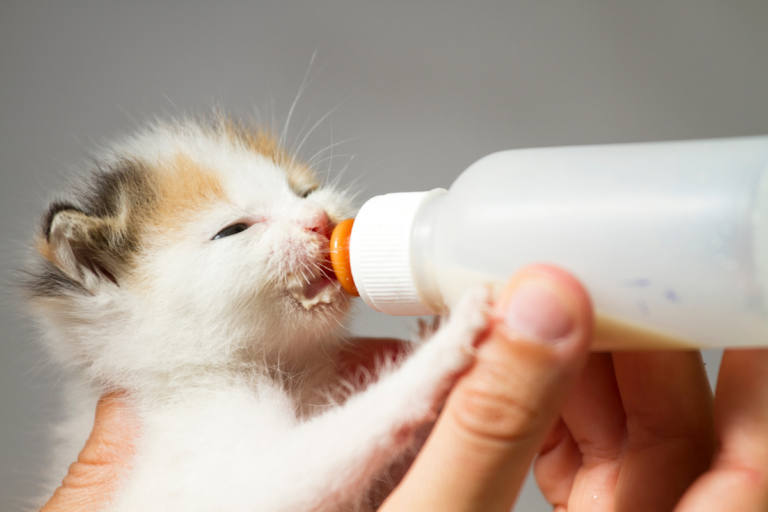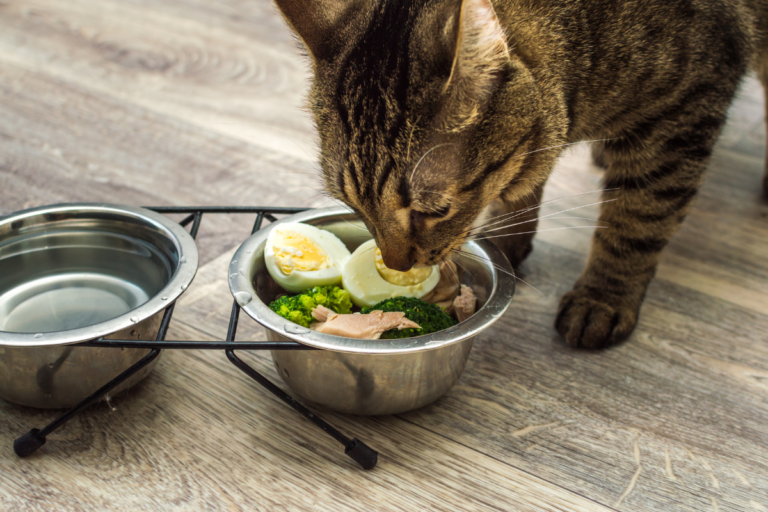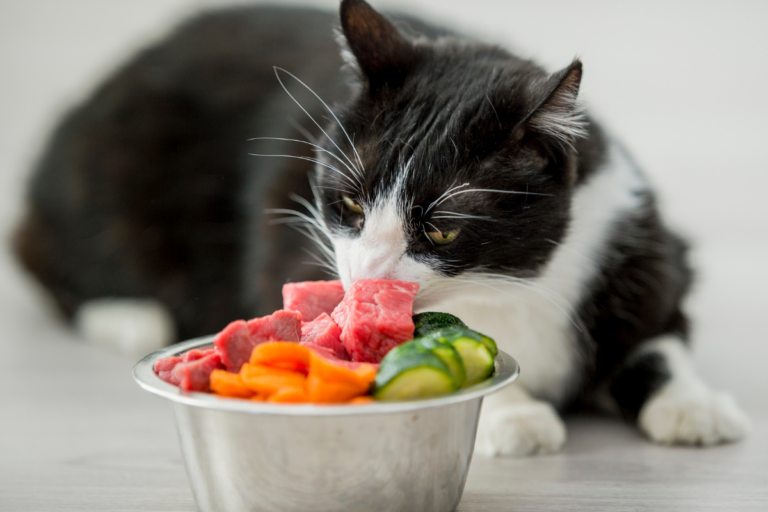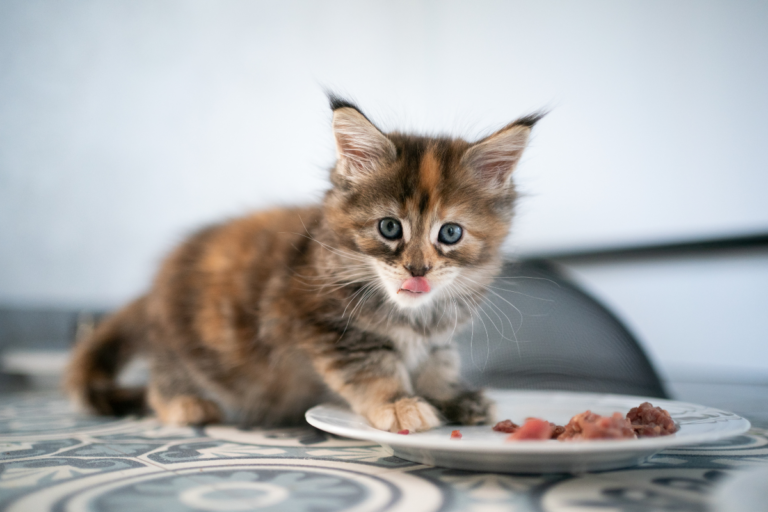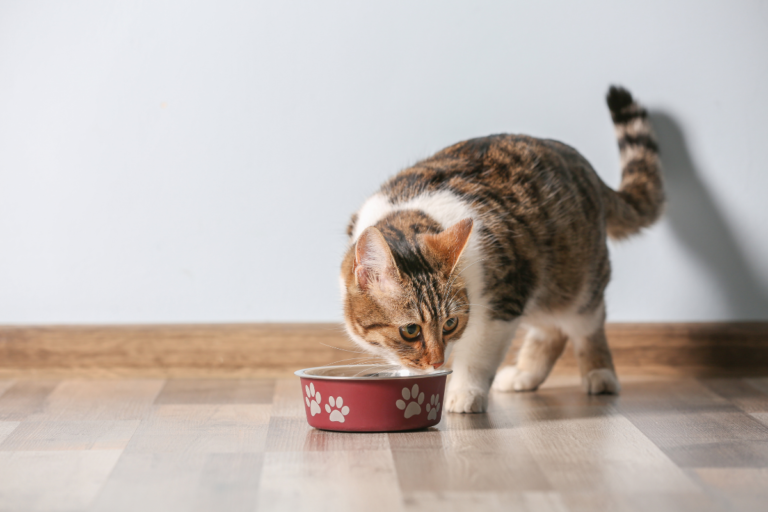Cat Care Chronicles: Navigating Your Felines Nutrition Requirements
Understanding Cat Nutrition
Feeding your cat can be a bit puzzling with all those fancy terms, but don’t worry, I’ll help break it down in simpler terms for you.
Cat’s Unique Dietary Requirements
Cats are not your average grazers. They’re die-hard meat lovers, or as fancy folks call it, obligate carnivores. This means if it’s not meat, they’re not that interested. You see, wild cats are like the ultimate predators, going after anything that moves—like mice, birds, and even bugs. This hardcore hunting lifestyle means they’ve got to have loads of animal protein in their diet to stay healthy (PetMD).
The key to keeping your kitty purring with joy is protein—a lot of it! Unlike us or even dogs, cats just can’t make some amino acids (the building blocks of protein) from plants. Their bodies are set up to munch on meat, so a high-protein diet from animals is a must.
Here’s a quick run-down on what you should toss into your cat’s dinner bowl:
| Nutrient | Best Balance |
|---|---|
| Protein | Sky-high |
| Fats | Just right |
| Carbohydrates | Keep it low |
Curious about more on how carbs fit into your cat’s life? Check out this link.
Essential Amino Acids for Cats
Amino acids are like the bricks that build up proteins, and some of these little guys are essential for your cat. Cats can whip up some amino acids on their own, but certain crucial ones have to come directly from their diet. Two show-stoppers are taurine and arginine (PetMD).
Taurine
Taurine is your cat’s secret weapon for keeping their eyes and heart in top shape. Since cats can’t make enough of it themselves, they need it served up with their chow.
Arginine
Arginine is like the clean-up crew for your cat’s body. Skimping on this amino acid can spell trouble in no time flat.
Aside from taurine and arginine, your feline friend also needs a few other key amino acids to stay in tip-top condition, like histidine, leucine, lysine, and methionine (PetMD):
| Amino Acid | What It Does for Your Cat |
|---|---|
| Taurine | Keeps eyes and heart healthy |
| Arginine | Key player in body detox |
| Histidine | Helps with growth and tissue repair |
| Leucine | Important for building muscle |
| Lysine | Essential for immune defenses |
| Methionine | Supports shiny coat and strong claws |
Knowing and catering to these nutritional needs isn’t just something to worry about when they’re kittens or old and cranky. From kitten chow to senior grub, it’s something to keep in mind throughout their nine lives.
Stick with these cat-focused feeding tips, and you’ll make sure your furry buddy stays healthy and happy!
Nutritional Needs of Different Cat Life Stages
Nutrition for Senior Cats
As cats enter their golden years, I watch my furry buddy’s diet closer than a hawk in a field. For those cats clocking in at seven years or older, a diet fit for a seasoned veteran is where it’s at, keeping their joints groovin’, kidneys hummin’, and weight in check.
What To Feed Your Senior Cats:
- Protein: Still the meaty heart of any cat meal. Cats are hardwired to munch meat, with muscle mass clinging to that steak (PetMD).
- Taurine: Think-eye-and-heart-best-friend. No taurine? No way. It’s a must-have for your senior’s well-being.
- Fats: Needed for energy, but no picking up those extra pounds, please.
- Fiber: Keeps their tummies as happy as a clam, steering clear of gut grumbles.
| Nutrient | Recommended for Senior Cats |
|---|---|
| Protein | High |
| Taurine | Essential |
| Fats | Moderate |
| Fiber | Moderate |
For more advice on keeping your old tabby kicking, hop on over to our senior diet guide.
Special Considerations for Kittens
Kittens are bouncing bundles of fur with tummy needs that cater to their super-speedy growth spurts. Right around four weeks, those little fuzzballs start leaving the milk bar in the past, trading it for a menu that matches their budding energy.
What To Feed Your Kittens:
- Protein: Fuel for all their bouncing-off-the-wall antics and bone development.
- Calories: Little kitties burn through calories faster than your morning coffee pot, so keep ’em coming.
- Fats: Keeps them powered up and growing right.
- Calcium and Phosphorus: Ensures their skeletons are as sturdy as a rock.
Kittens gobbling up all that animal goodness need key amino acids, taurine being the top dog, keeping their peepers and tickers in check (PetMD).
| Nutrient | Recommended for Kittens |
|---|---|
| Protein | High |
| Calories | High |
| Fats | High |
| Calcium | High |
| Phosphorus | High |
Staying on the ball with a good kitten diet plan keeps those little lions roaring.
For supplements and other munchies just right for kittens, check out our kitten milk supplement guide.
Keeping track of these vital nutrients ensures the furballs at my place enjoy purrfect health all their days. Tune into our cat diet articles to keep your feline royalty in tip-top shape.
Key Nutrients for Cat Health
Making sure my cat eats right means getting a handle on the nutrients she needs to stay happy and healthy. Here’s the scoop on what keeps her purring.
Importance of Protein
Protein’s like the rockstar in a cat’s diet. Because cats are obligate carnivores, they dig protein way more than us or dogs. Did you know adult cats need at least 26% protein in chow? Dogs only need 12%, and we humans come in at a measly 8%. Feed her anything less than 40% protein, and studies say it might cause her to lose muscle over time (PetMD).
| Species | Required Protein (%) |
|---|---|
| Adult Cats | 26 |
| Adult Dogs | 12 |
| Humans | 8 |
Protein dishes up the amino acids she can’t whip up herself, like arginine, histidine, and taurine. These work hard to keep her organs, muscles, and immune system in tip-top shape (Redbarn).
Vital Role of Fats
Fats—think of them as energy boosters for my kitty. Omega 3 and Omega 6 are the celebrity fatty acids she needs to shine (Redbarn). They keep her warm, fuel her shenanigans, and help nutrients get absorbed.
Getting the fat balance right means her skin stays smooth and her coat looks sleek. Those animal fats do wonders for her heart and can even help when it’s time to have little ones.
The Role of Carbohydrates
Carbs are like the sidekick, not the hero. Cats don’t need a lot of them because they pull their main energy from protein and fats (Highland Park Animal Hospital). Stuffing her diet with carbs can invite trouble like obesity or the big D (diabetes).
Curious about how much carbs are okay? I’ve rounded up info on cat diet requirements and cats and carbohydrates for the full story.
Keeping her protein and fat game strong while keeping carbs in check means she’s living her best life. For more specific feeding tips for kittens or our more seasoned cat buddies, check out kitten diet plan and senior diet for cats.
Hydration and Other Essential Nutrients
Let’s chat about making sure your kitty’s getting all the hydration and nutrients they need to stay their fabulous self. Here, I’ll talk about why water and those all-important vitamins and minerals are keys to your cat’s well-being.
Ensuring Adequate Water Intake
Cats are oddly good at not drinking enough water. Thanks to their wild ancestors who strutted around deserts, sipping water isn’t exactly high on their to-do list. But hydrating like a champ is critical for things like spreading nutrients around, keeping cool, flushing out bad stuff, and breaking down their food (Redbarn). Cats generally need to knock back about 4 to 5 ounces of water for every 5 pounds they weigh, per the experts at PetMD.
To keep your furry pal hydrated, toss some moisture-rich wet or canned food in their bowl. It’s like sneaky hydration! Here’s what you’re looking at for water content:
| Cat Food Type | Average Water Content (%) |
|---|---|
| Dry Food | 10 |
| Wet/Canned Food | 75 – 80 |
| Semi-Moist Food | 35 |
Need more nitty-gritty on feeding your kitty right? Peek at my article on cat diet needs.
Significance of Vitamins and Minerals
You can’t ignore how vital vitamins and minerals are for your cat’s groove. Each one’s got its own purpose, making them crucial for your cat’s diet.
Vitamins
- Vitamin A: Helps with seeing in the dark and keeping germs at bay.
- Vitamin D: Bones and muscles love it.
- Vitamin B Complex: Keeps the engines of metabolism and nerves purring.
Minerals
- Iron: Carries the oxygen your kitty breathes.
- Calcium and Magnesium: Build a strong bone castle and whip up enzymes.
- Potassium, Sodium, and Chloride: Help in using nutrients and balancing fluids.
These nutrients need to be spot-on for helping your cat grow strong, stay spry, and bounce back when life gets a bit rough (PetMD). If you’re raising a tiny furball, my kitten diet plan will have you covered.
Water and nutrients are the dynamic duo for a healthy, purring companion. Make it a habit to look into a few nutrition guides and keep an eye on the newest food trends in the feline world. After all, a thriving cat means a smiling pet parent.
